Fishing to make a living during lockdown
The closure of the borders due to coronavirus resulted in fishing boats staying ashore for two months or set sail for much less and smaller fish. The damage for local fishermen is unprecedented.
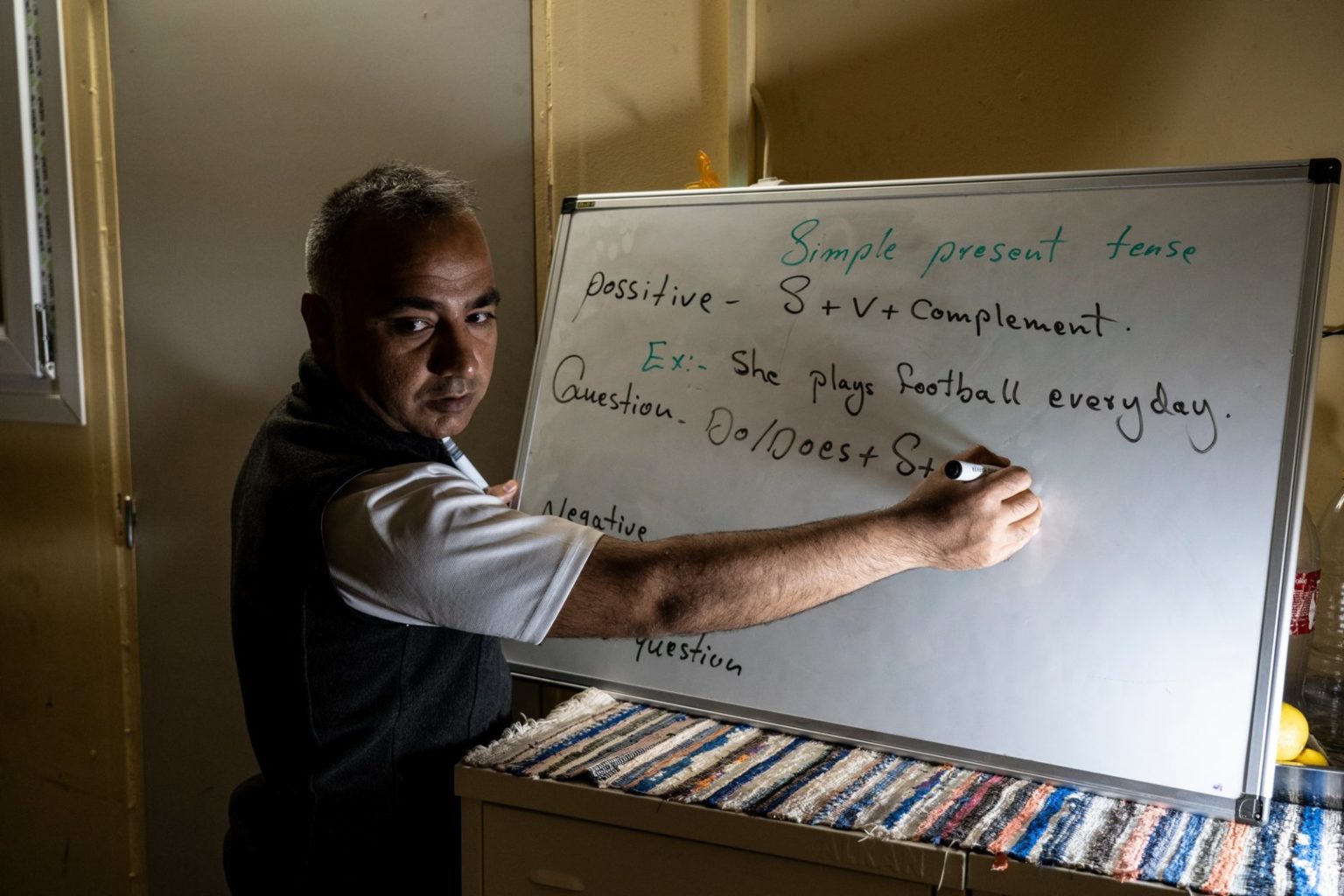
Farid Sidiqi, Afghanistan
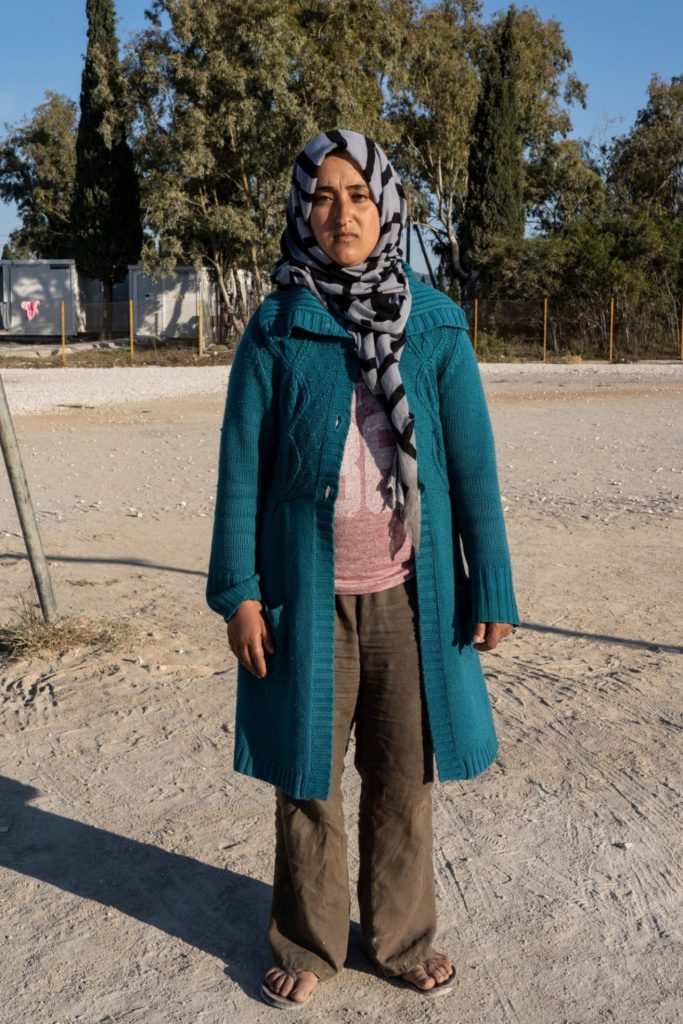
Amina Saada, 35 y.o., Palestine
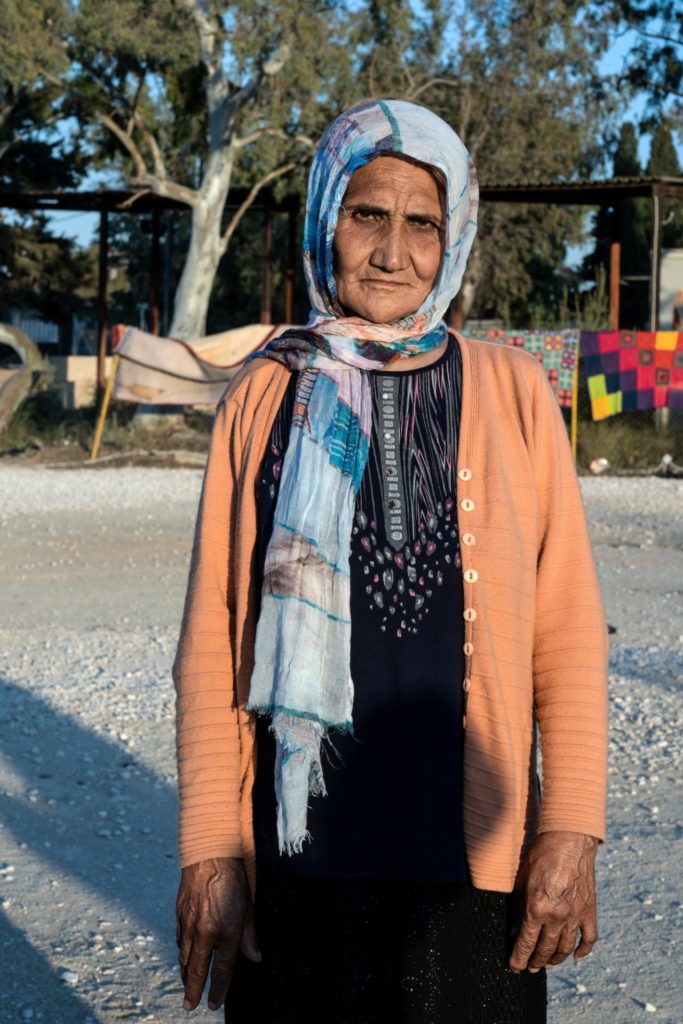
Parwin Naiiby, 58 y.o., Afghanistan
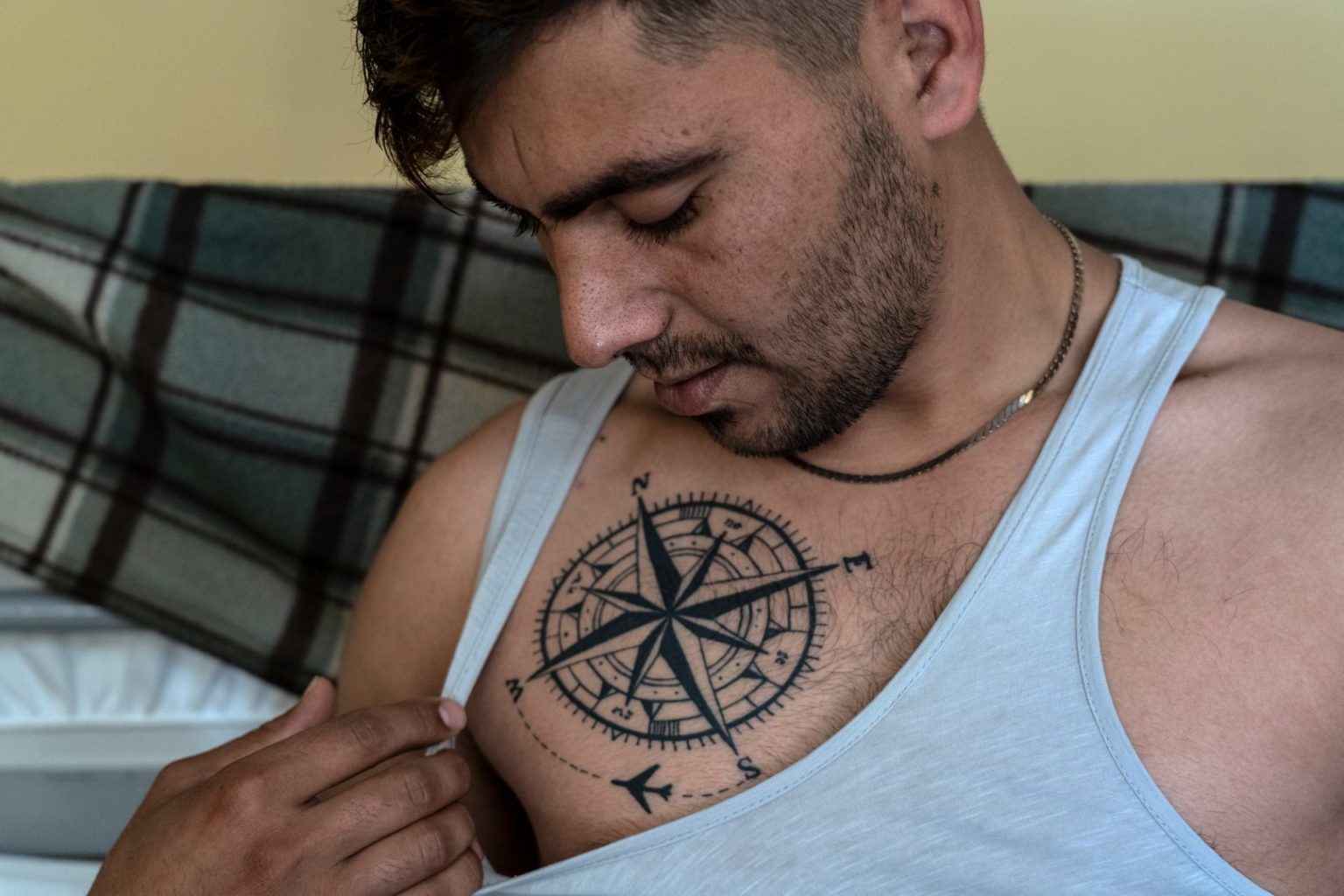
Ehsan Attayee, 19 y.o., Afghanistan
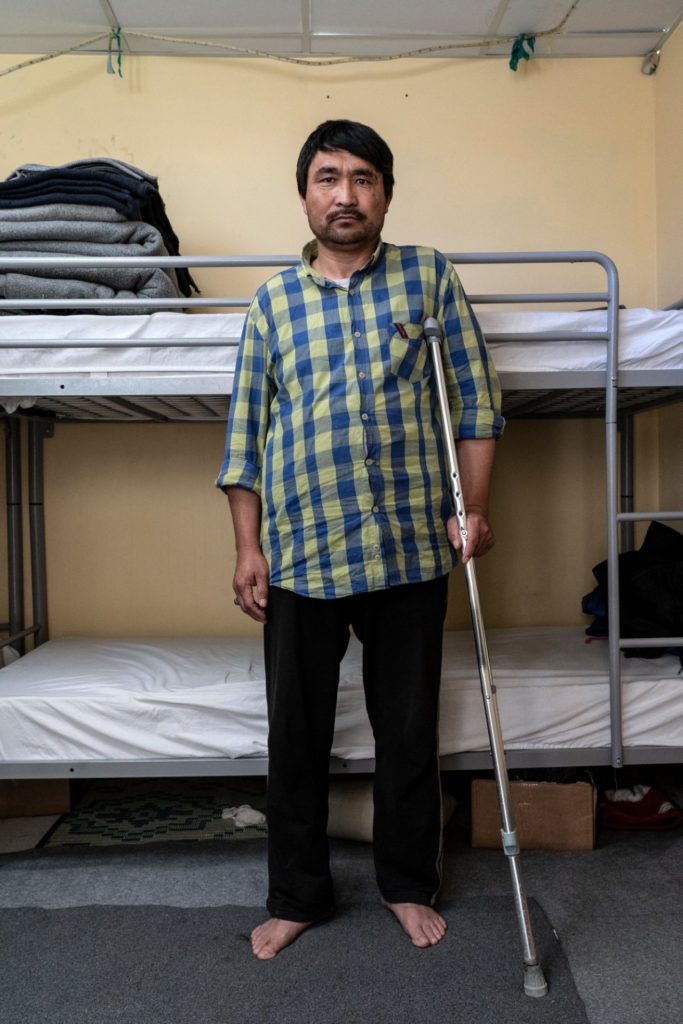
Mohammad Jafari, 39 y.o., Afghanistan
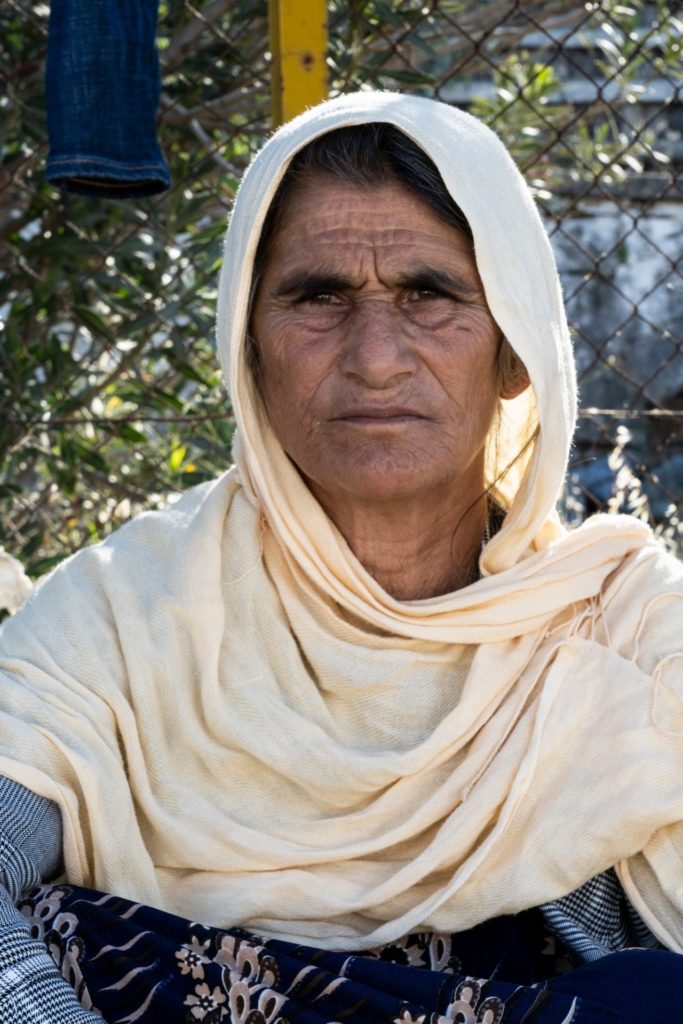
Kobra Merzie, 65 y.o., Afghanistan
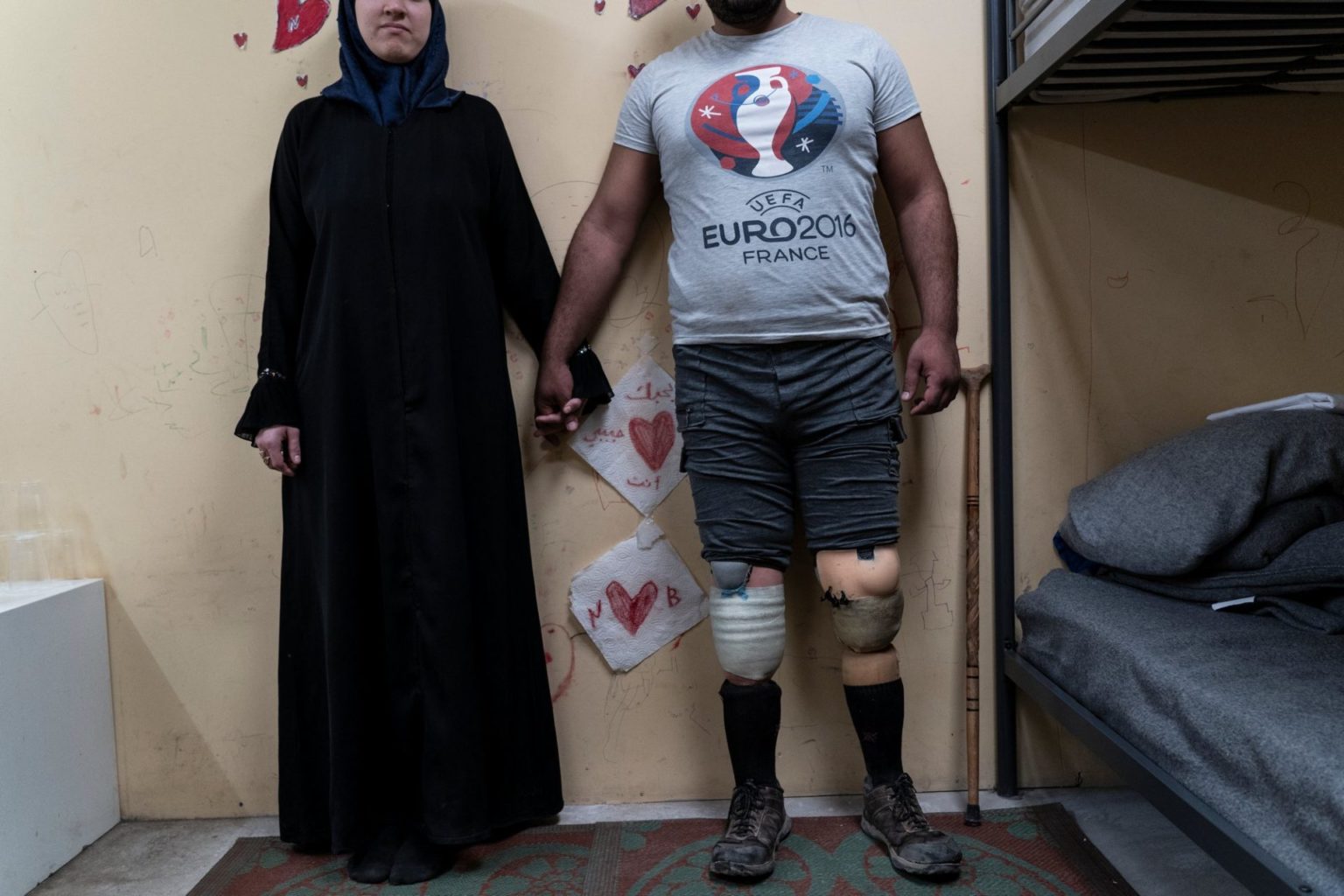
Naji Albader met Baraa six months ago at Kos refugee camp. They got married there. They dream of continuing their journey to England after the end of the pandemic.
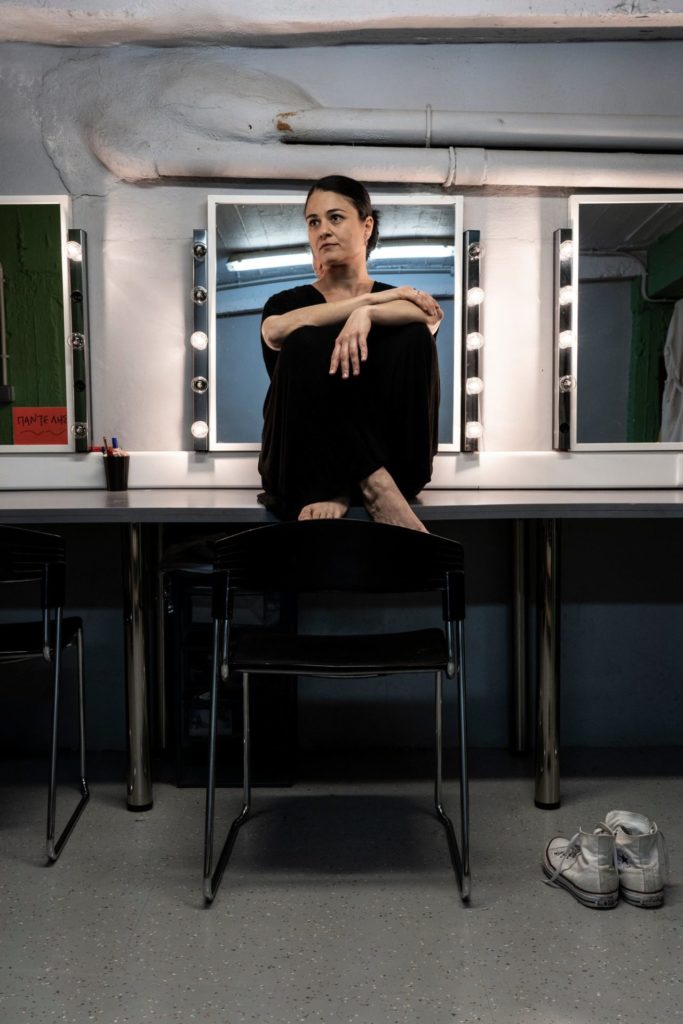
Nantia Dalkyriadou, Actress
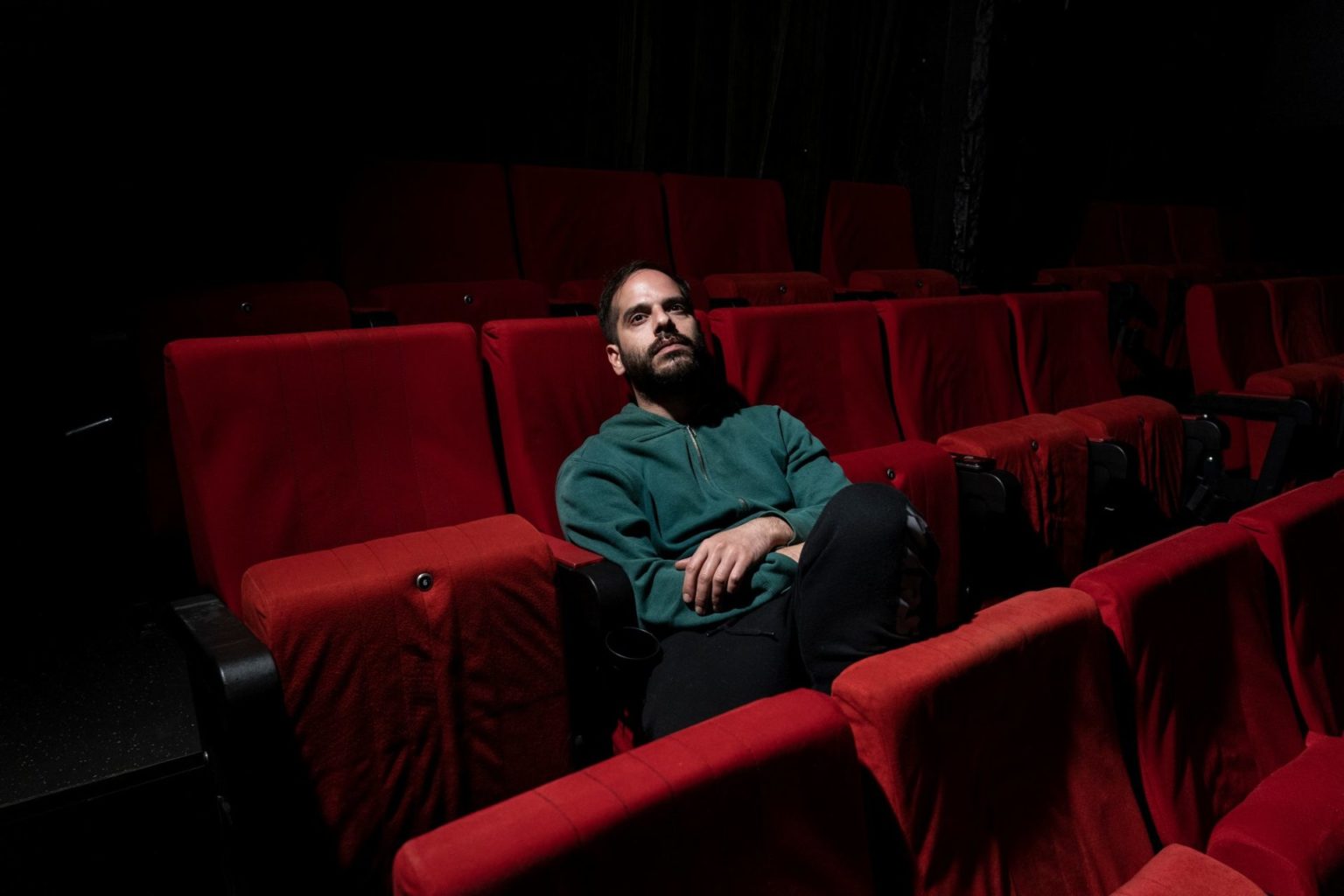
Lazaros Vartanis, Actor
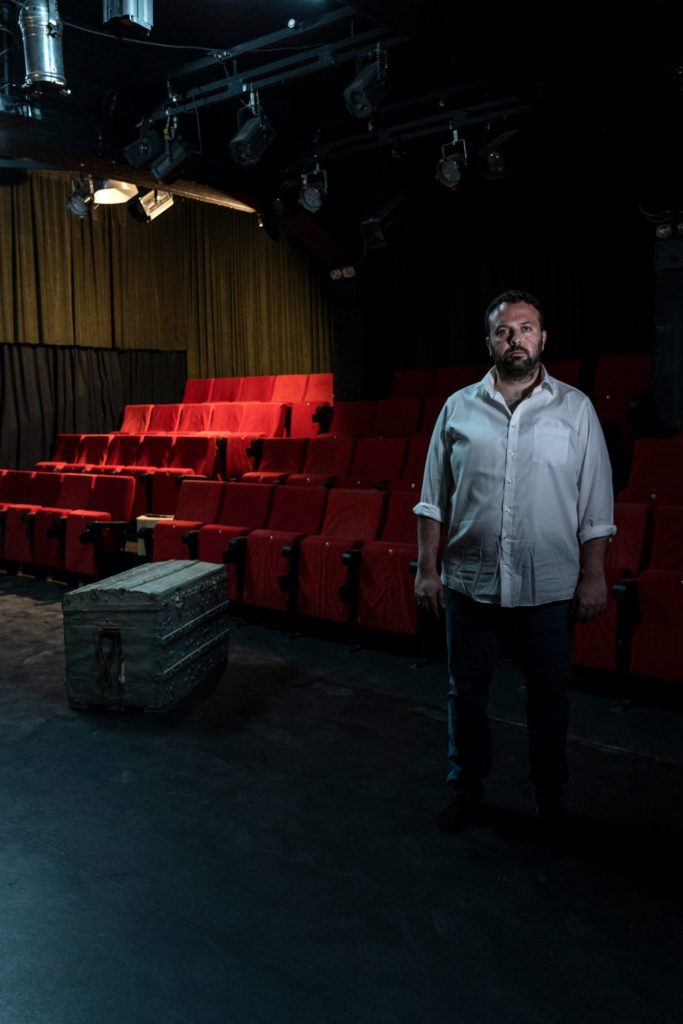
Dimitris Hatzimichailidis, Actor
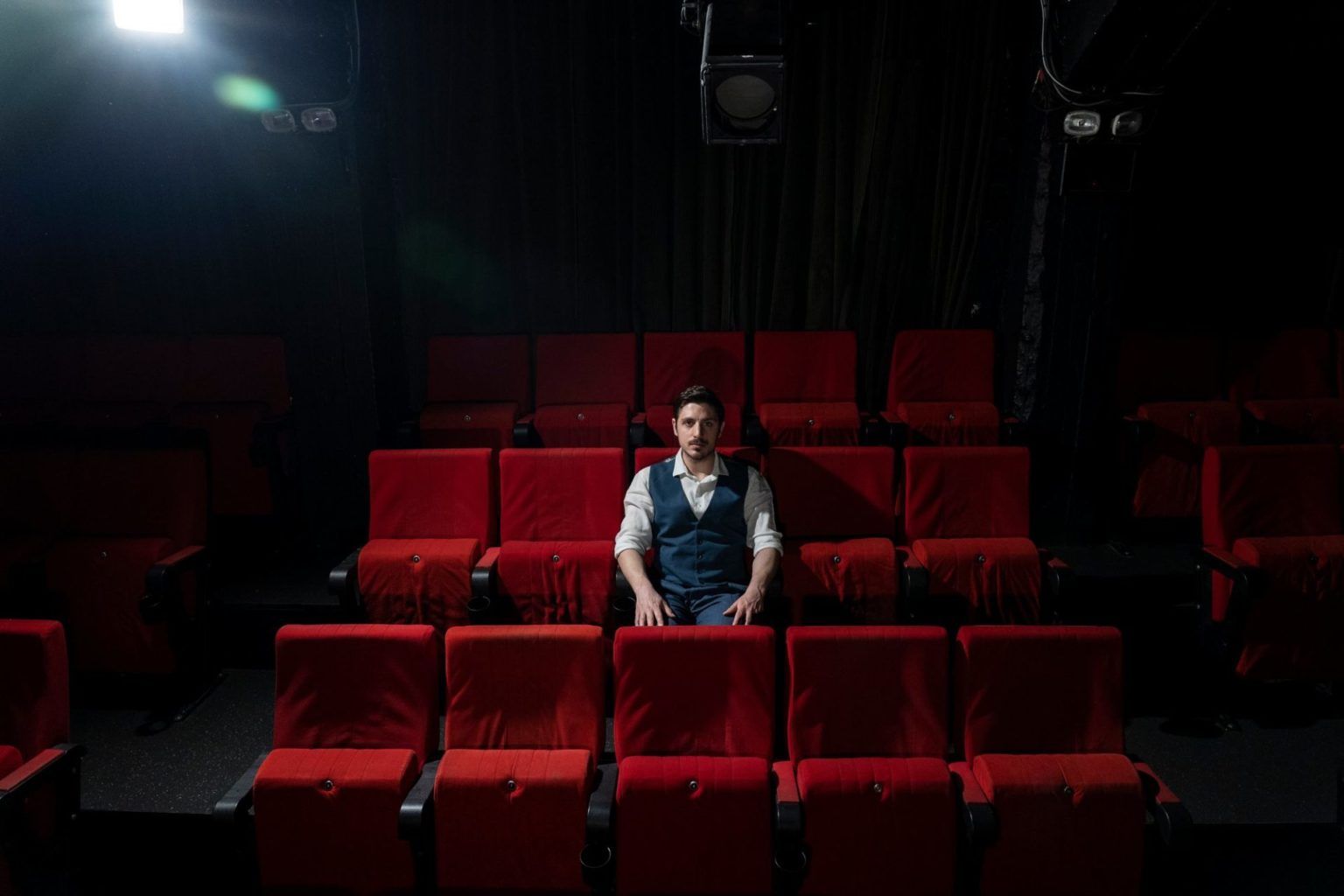
Stefanos Papatrechas, Actor
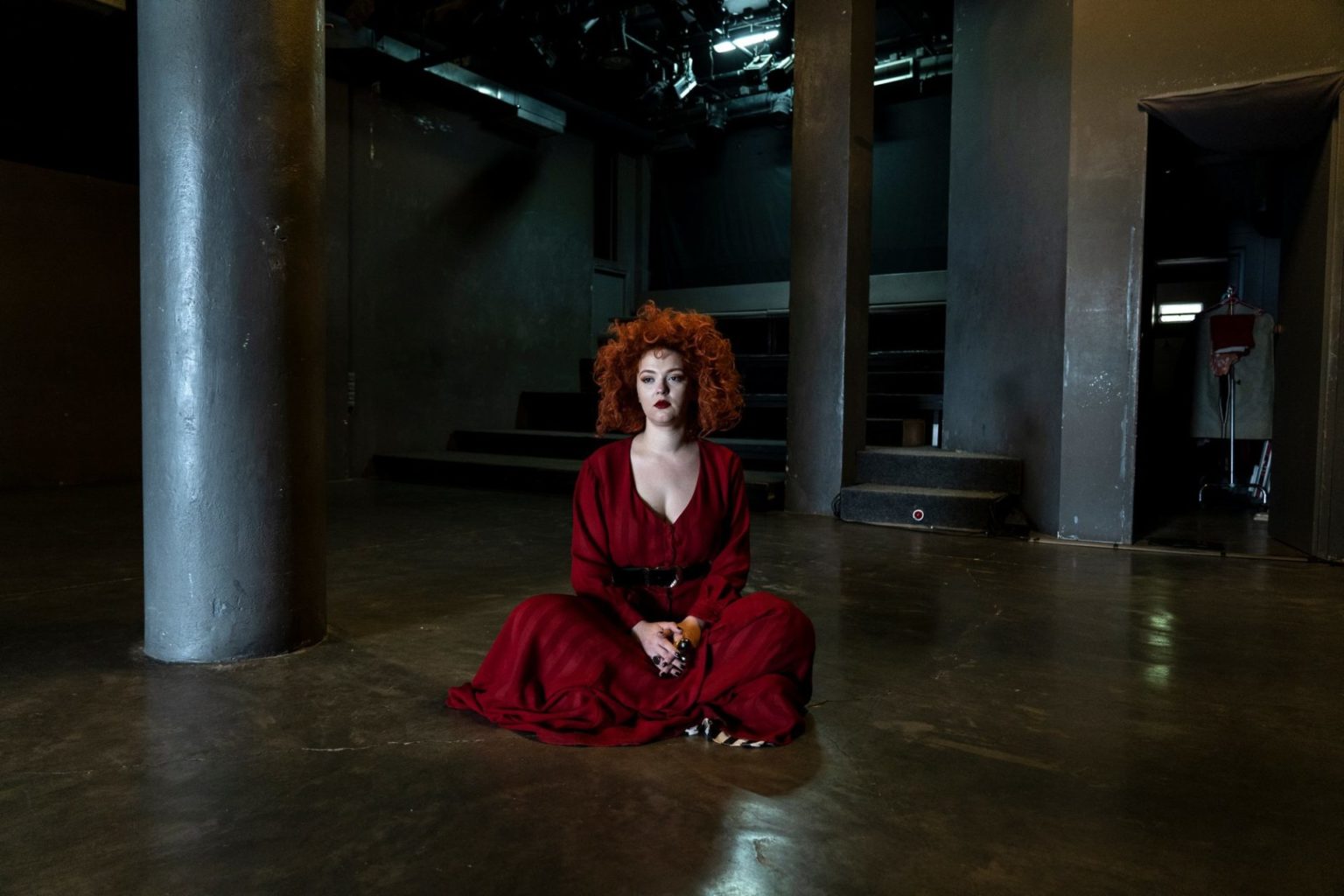
Manto Psychountaki, Scenographer – Costume designer
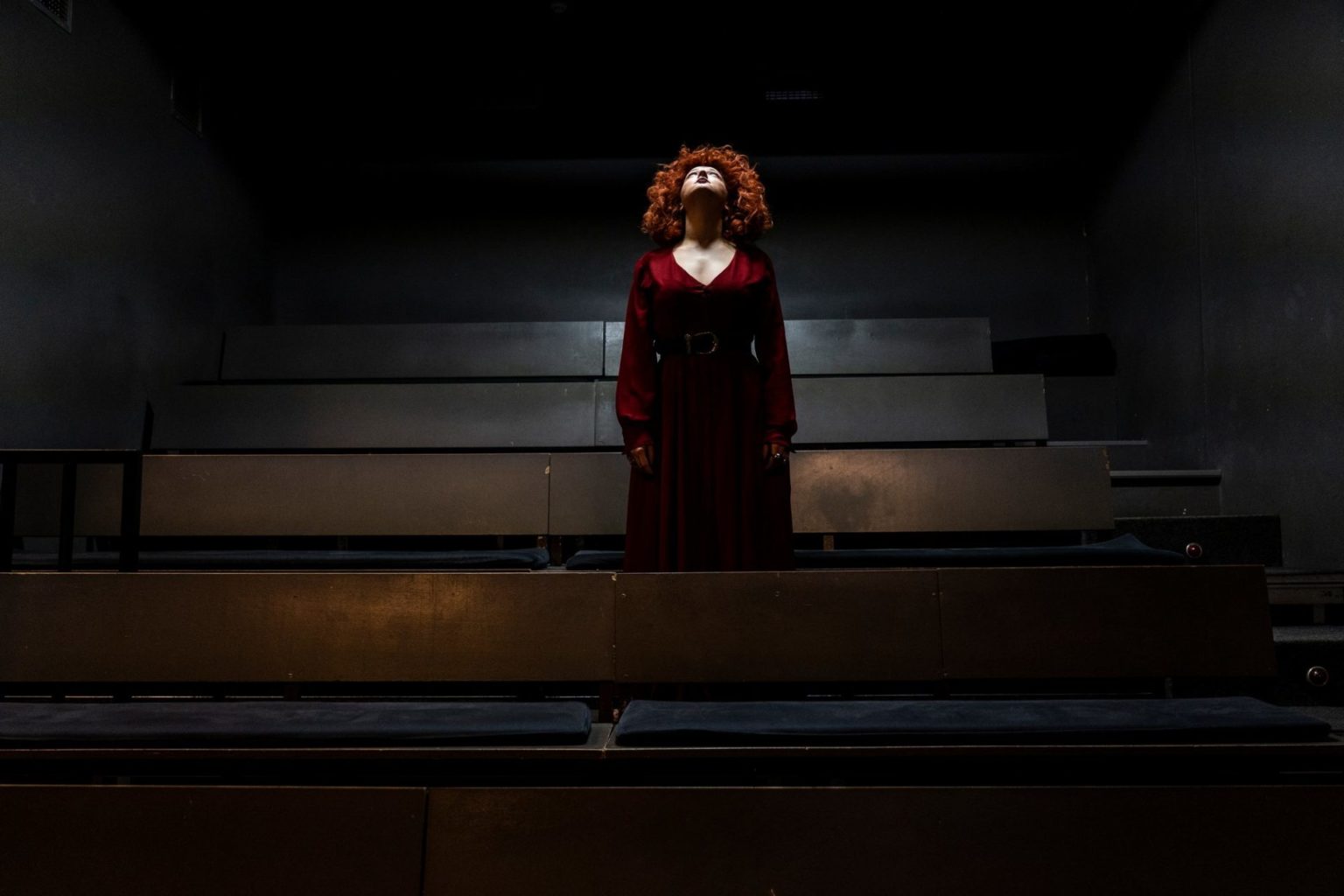
Manto Psychountaki, Scenographer – Costume designer

Panagiota doesn’t know exactly how old she is. She says she is five or maybe six. Moreover, she has never gone to school. She lives in the Roma slums of Nea Zoi in Aspropirgos with her deaf grandmother. She plays barefoot in the muddy waters and the rubbish of the slum and dreams that, some day, someone will give her a bag and pencils so that she can go to school too.

Angeliki Papadimitriou is 59 y.o., diabetic. She lives with her husband and her great-grandchildren in the Roma slums of Nea Zoi in Aspropirgos. Because of the lockdown, no one can go to work and face a serious problem of survival.
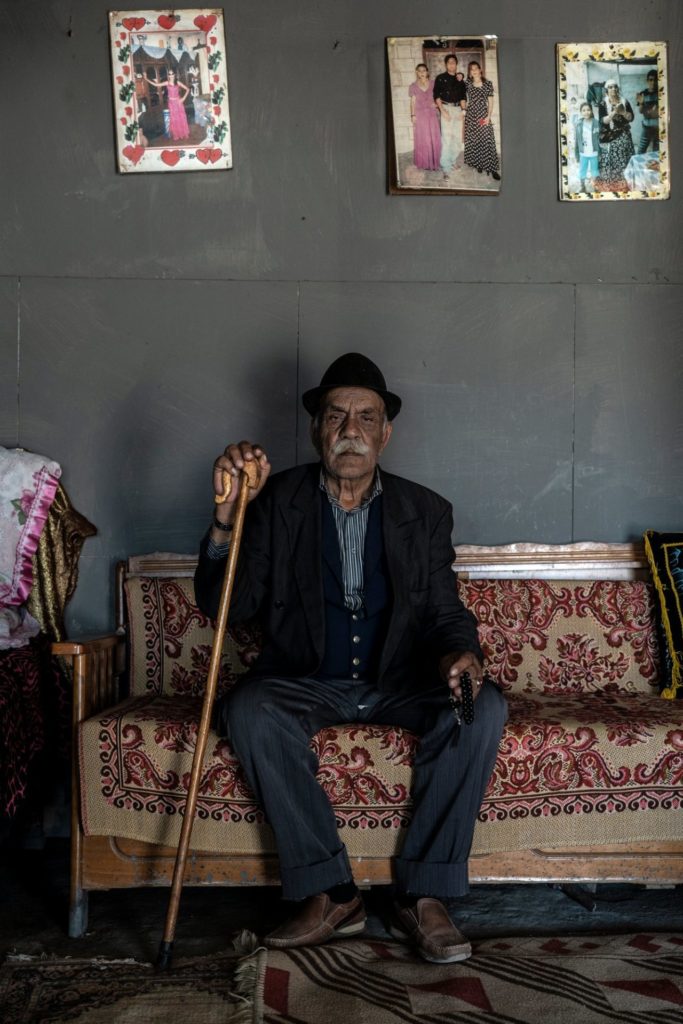
Panagiotis Tsiriklos was born in 1943 in Theva. About 15 years ago, he came to Nea Zoi in Aspropirgos, thinking that the capital would offer more opportunities for himself and his ten children. He was wrong.
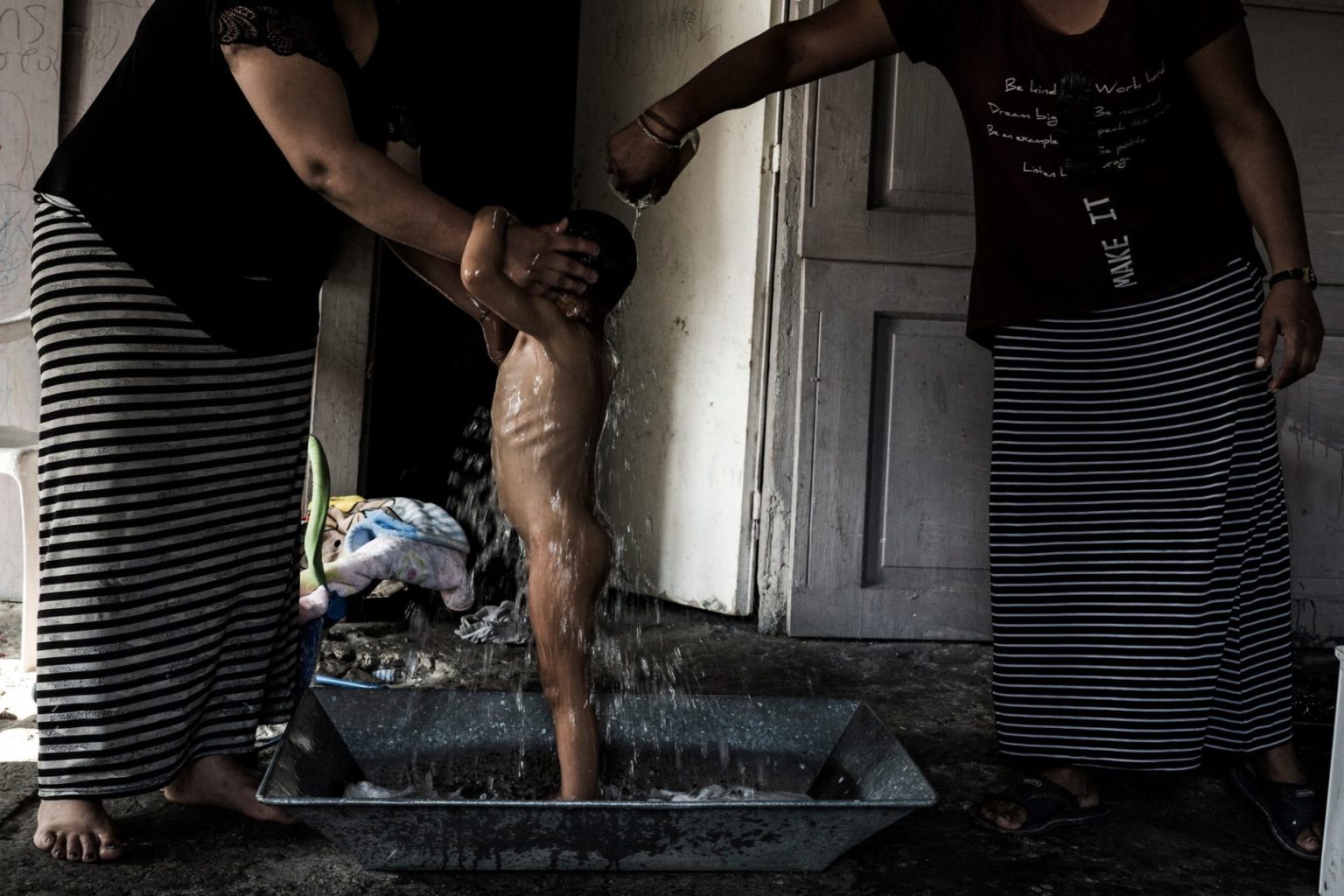
Maria Dionysopoulou has two children and lives in a shack made of concrete blocks, wooden beams and polyester sheets in Nea Zoi of Aspropirgos. Every night, she heats water on the camping stove, moves a tub in the middle of the shack and bathes her children.
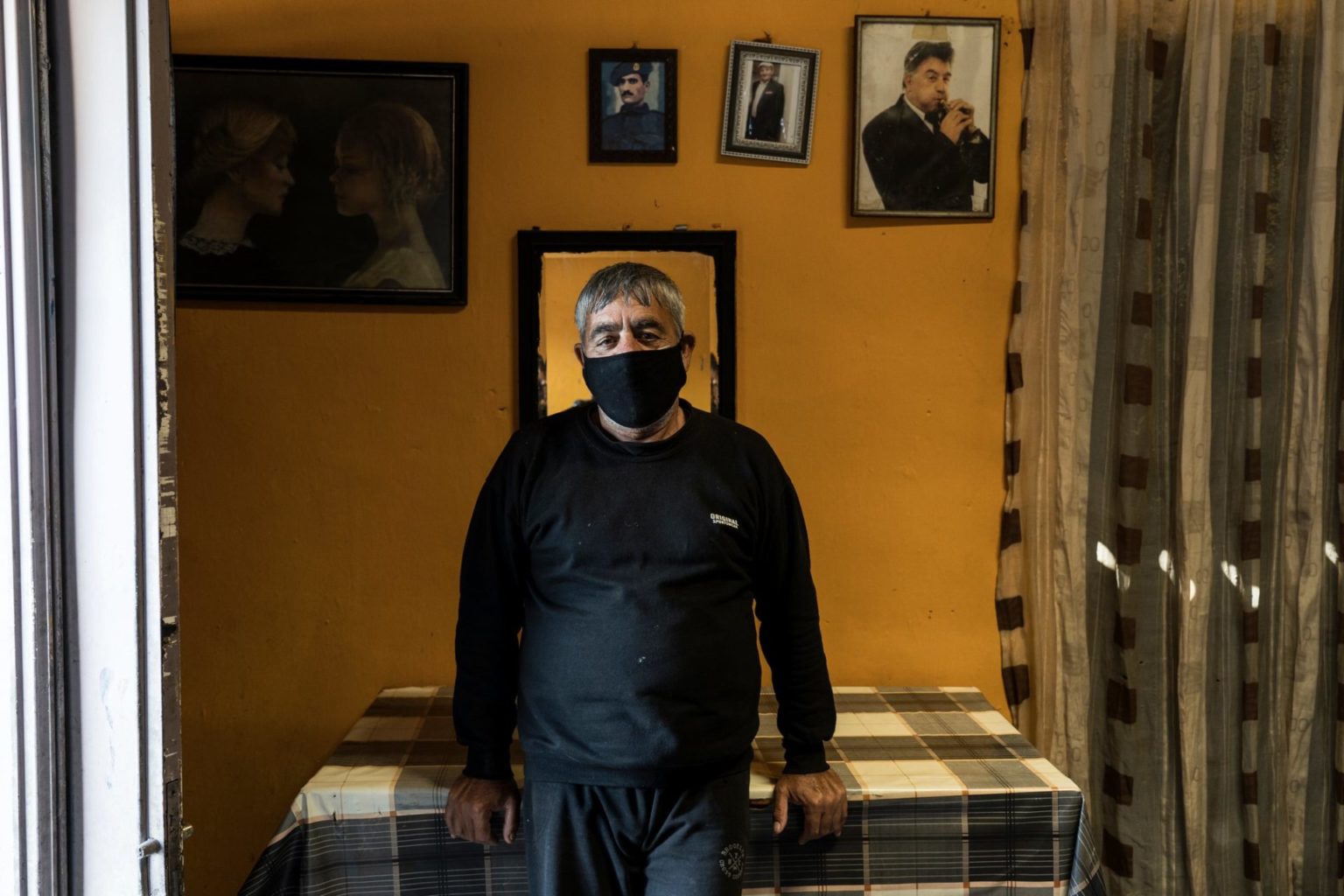
In the last month, twice a week, Mpampis Mpekos wakes up at 3 in the morning. He wears his cloth mask and gets in the car, heading for the centre of Athens. There, a baker gives him the bread that was not sold in the previous days.

Georgia Halilopoulou, 88 y.o. today, came from Thiva to Nea Zoi in Aspropirgos, with the hope of a better life. She is not so much worried about herself, as she is for her son who had been suffering from asthma attacks over the last year.